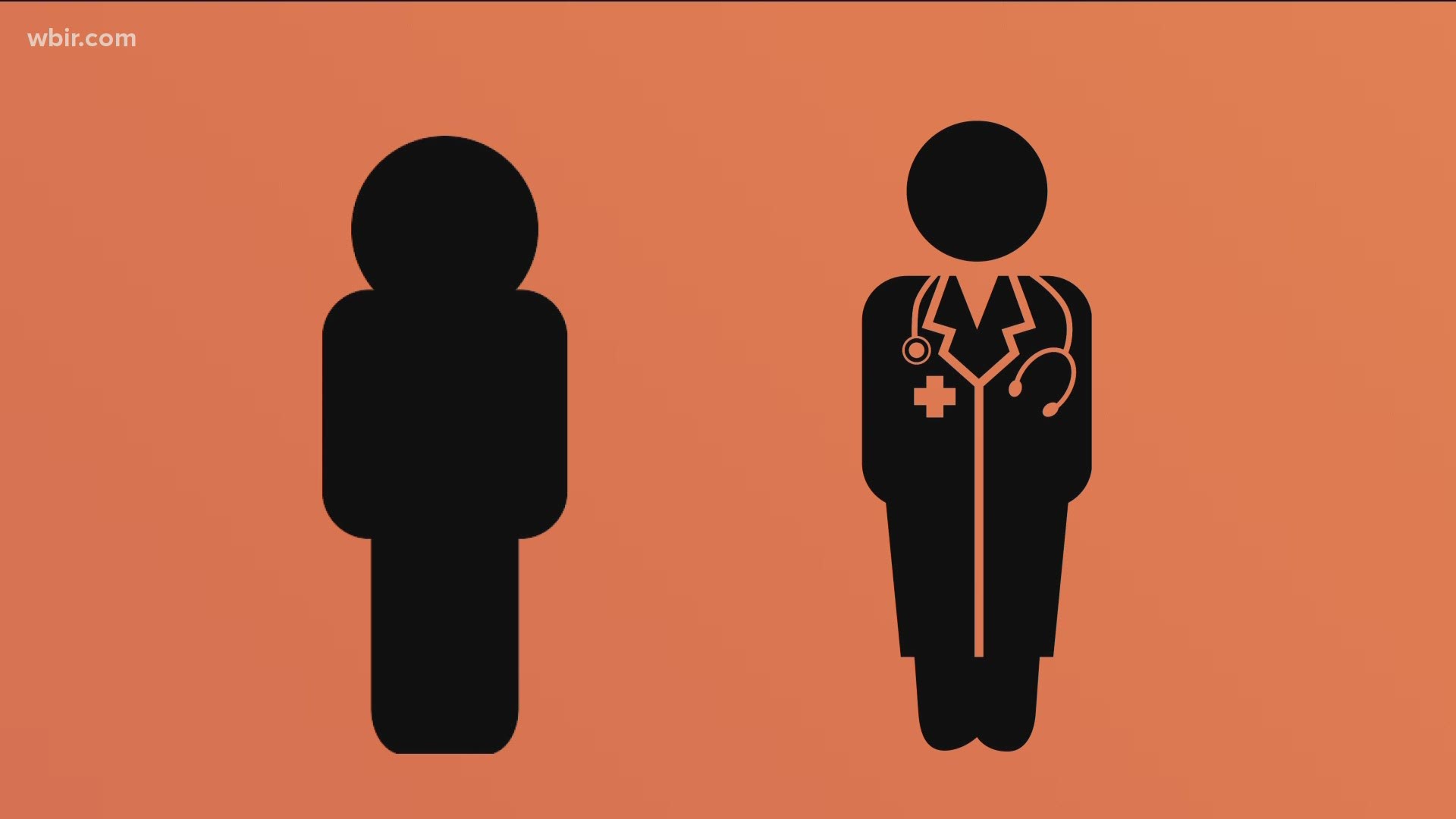KNOXVILLE, Tenn — Last October, the Knoxville Police Department and the McNabb Center formed a co-responder program pairing behavioral health specialists with police officers as they respond to calls involving behavioral health issues or mental health crises.
As of May 4, the team responded to 199 calls. More than a third of the calls were for people experiencing suicidal ideation. Almost half of the people involved in the total number of calls were taken to the emergency room for further treatment. Officials said 41 percent were given referrals and resources.
The mayor has set aside $400,000 for the program, but one group said pairing an officer with a social worker isn't the answer.
Knoxville HEART will be presenting its plan for an alternative response team on Thursday, during a city council workshop. There, city leaders are planning to review the program.
Knoxville HEART said it will present a plan focused on improving outcomes for people in crisis and reducing police involvement.
Knoxville Mayor Indya Kincannon said she is on board to expand the current co-responder program. The $400,000 set aside for it would create four teams working 7 days a week. Officials said the teams would be able to reach more people and follow up after calls.
The current team misses an average of six crisis calls a week. Social worker Amilia James, a part of Knoxville HEART, also said she wants to see a different team responding.
“Why do we need a police officer to talk with someone who’s experiencing suicidal thoughts or to transport them to the hospital?” she said.
For the past year, she said the group has been conducting research on what the community wants. She said one of the policies the community wanted the most was to separate mental health therapists from police while responding to calls about mental health crises.
Their plan for alternative response teams would pair a behavioral health specialist with an EMT worker or a medic. James said the evidence-based model would improve outcomes for those in crisis, save the city money and repair trust with the community.
“By responding with people who are medically trained and psychologically trained, to support that person with compassion and get them the resources they need and deescalate the situation, it will have a better impact," said James.
The KPD and McNabb Center co-responder program received some pushback about police presence, but officials involved with the current team said the officer stands back unless needed.
“Alternative response is about that crisis stabilization, getting people safe in that moment," said James.
She said he has seen the alternative model succeed in other cities, and she believes success could be found in Knoxville too.
“Knoxville is in a lot of pain," said James. "I think there's been a lot of broken hearts and a real need for things to be different."

